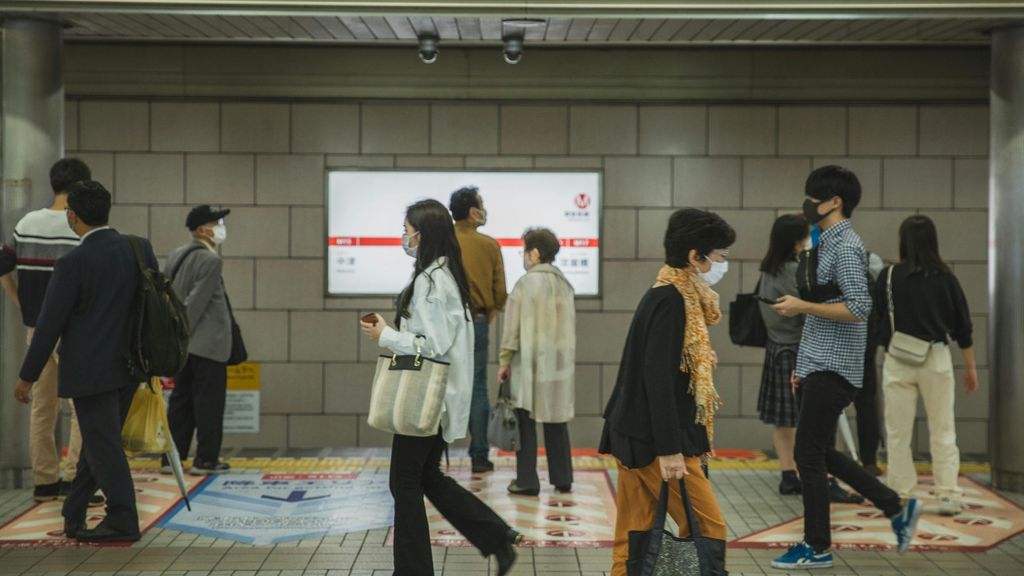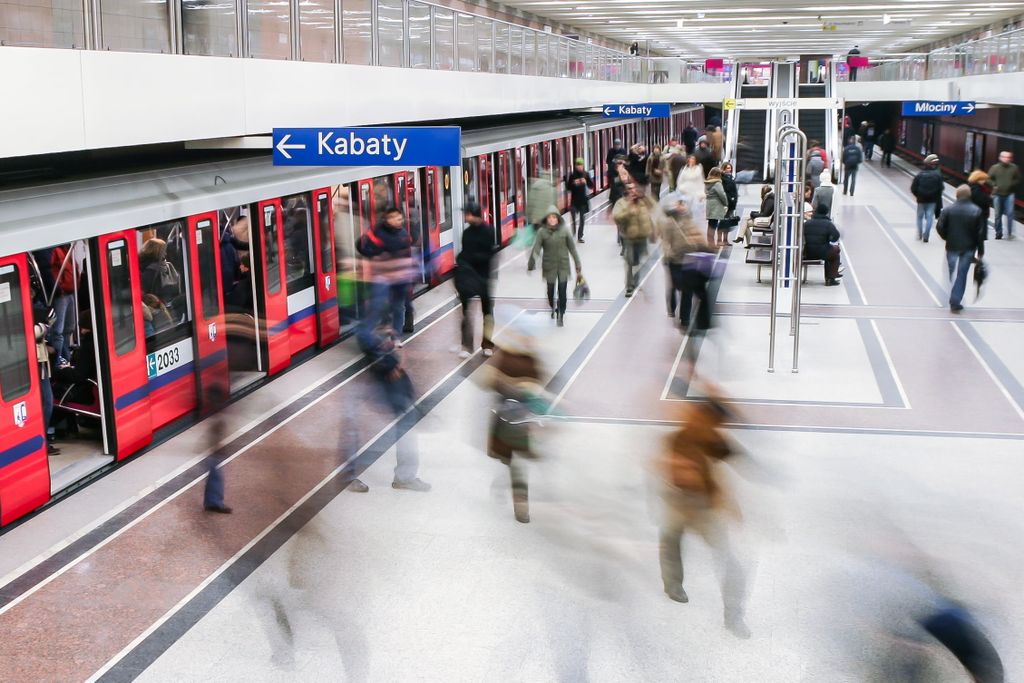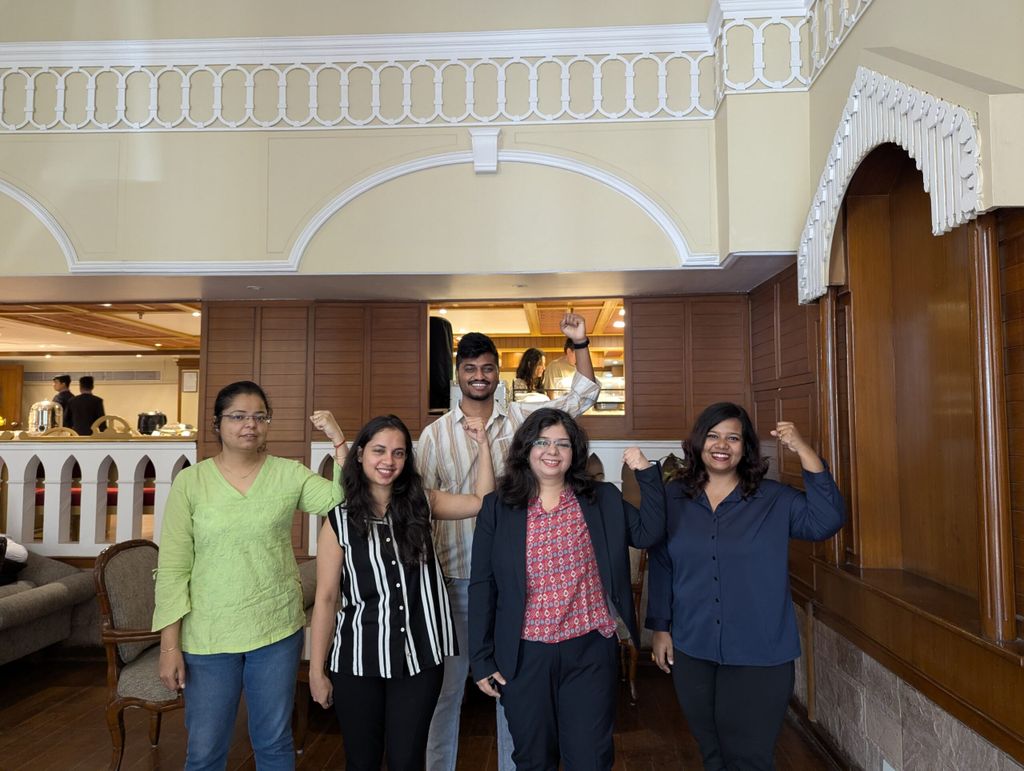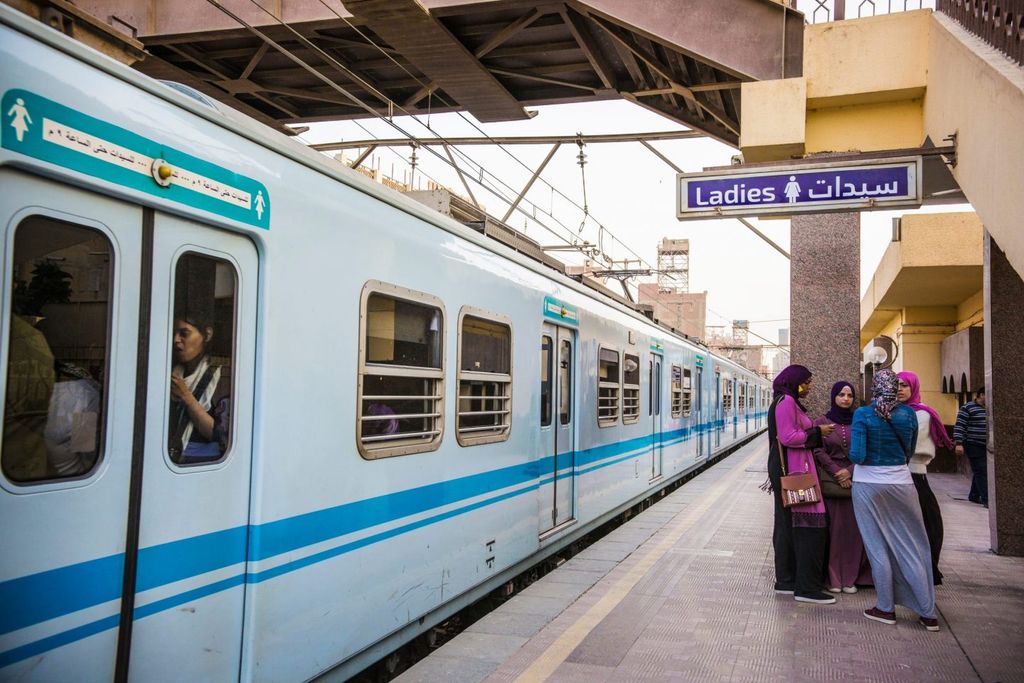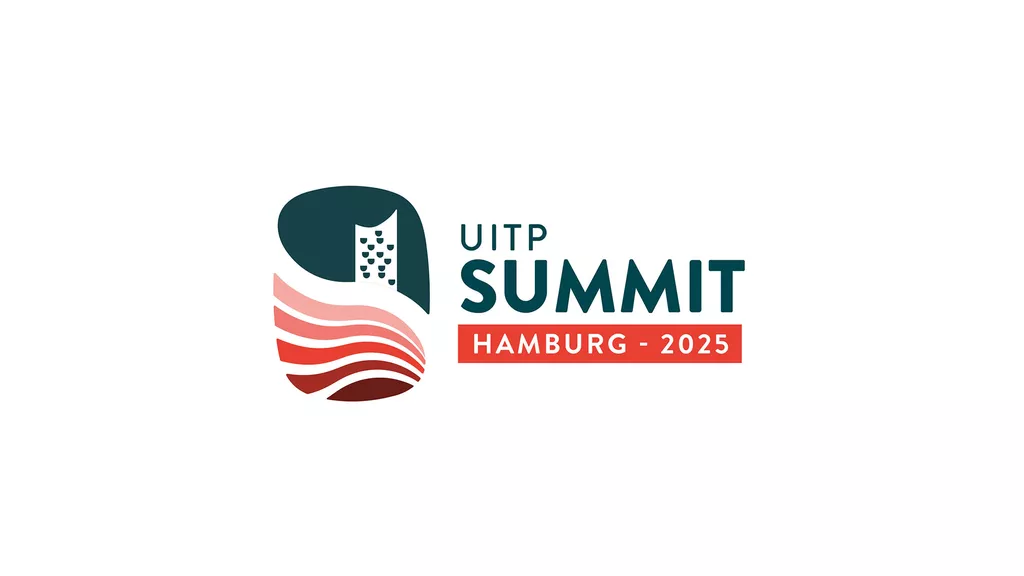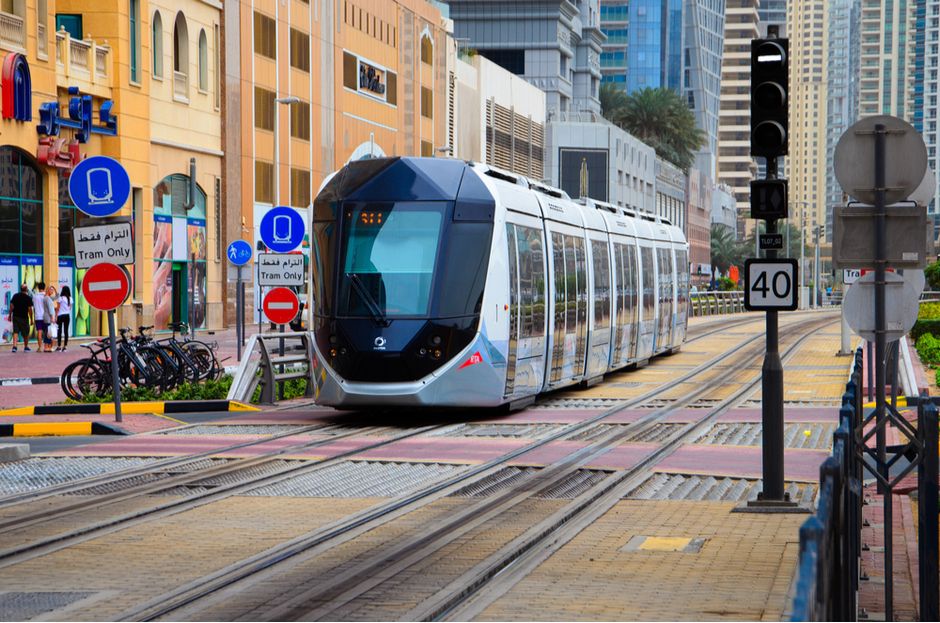
UITP joins the MENA Climate Week 2022
The first Middle East and North Africa Climate Week (MENACW 2022) signals a new era of cooperation on climate in the region. MENACW 2022 is one of the first opportunities to advance the implementation of the Paris Agreement and Glasgow Climate Pact adopted during COP26.
The event will take place next week in Dubai, from 28 to 31 March 2022, where UITP alongside members and partners will engage with decision makers and international organisations to promote public transport as a key solution to climate change.
MENA Climate Week 2022 provides a platform for governments, cities, private sector leaders, financial institutions and civil society to discuss opportunities to build forward from the pandemic by identifying opportunities to enhance climate action. With COP27 taking place in Sharm El Sheikh in Egypt, the MENACW 2022 is the key destination in the build up to the climate talks that will be held at the end of the year in the region.
“The Climate Weeks can galvanize climate action at the regional level and therefore make a significant contribution to more ambition globally on public transport”, says Philip Turner, UITP’s Head of Sustainable Development. “Countries at COP26 committed to outline how their climate plans and targets will be more ambitious by the end of this year – the MENA Week will start that process of identifying solutions to provide an inspiration for others to follow”.
UITP at COP26
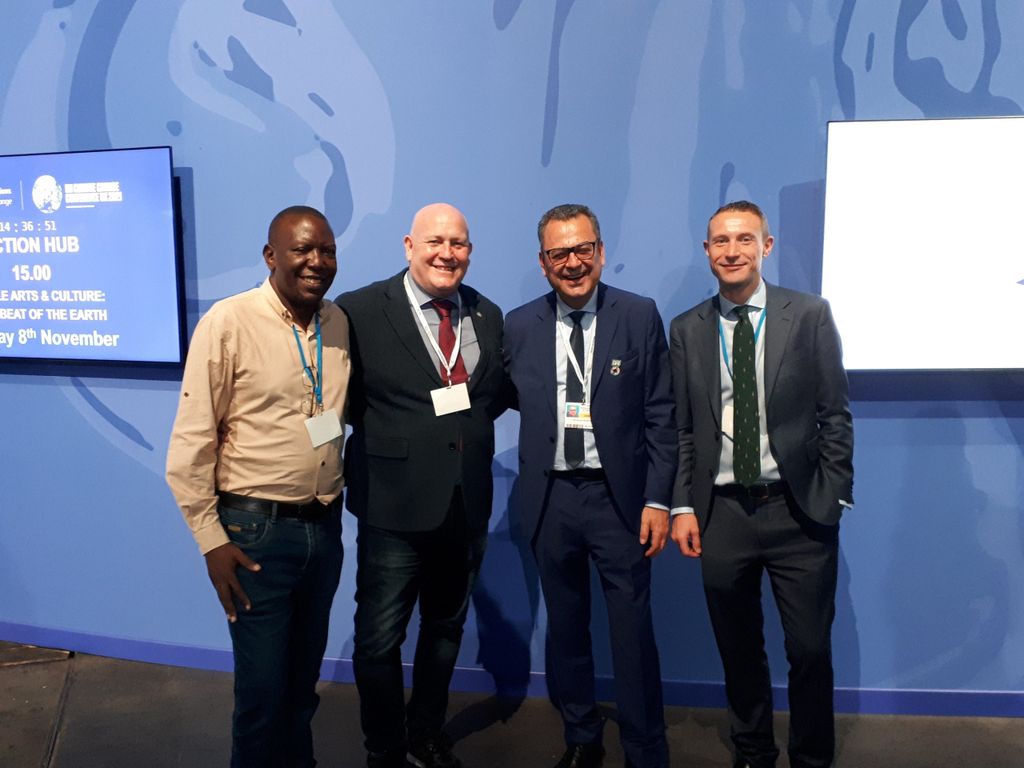
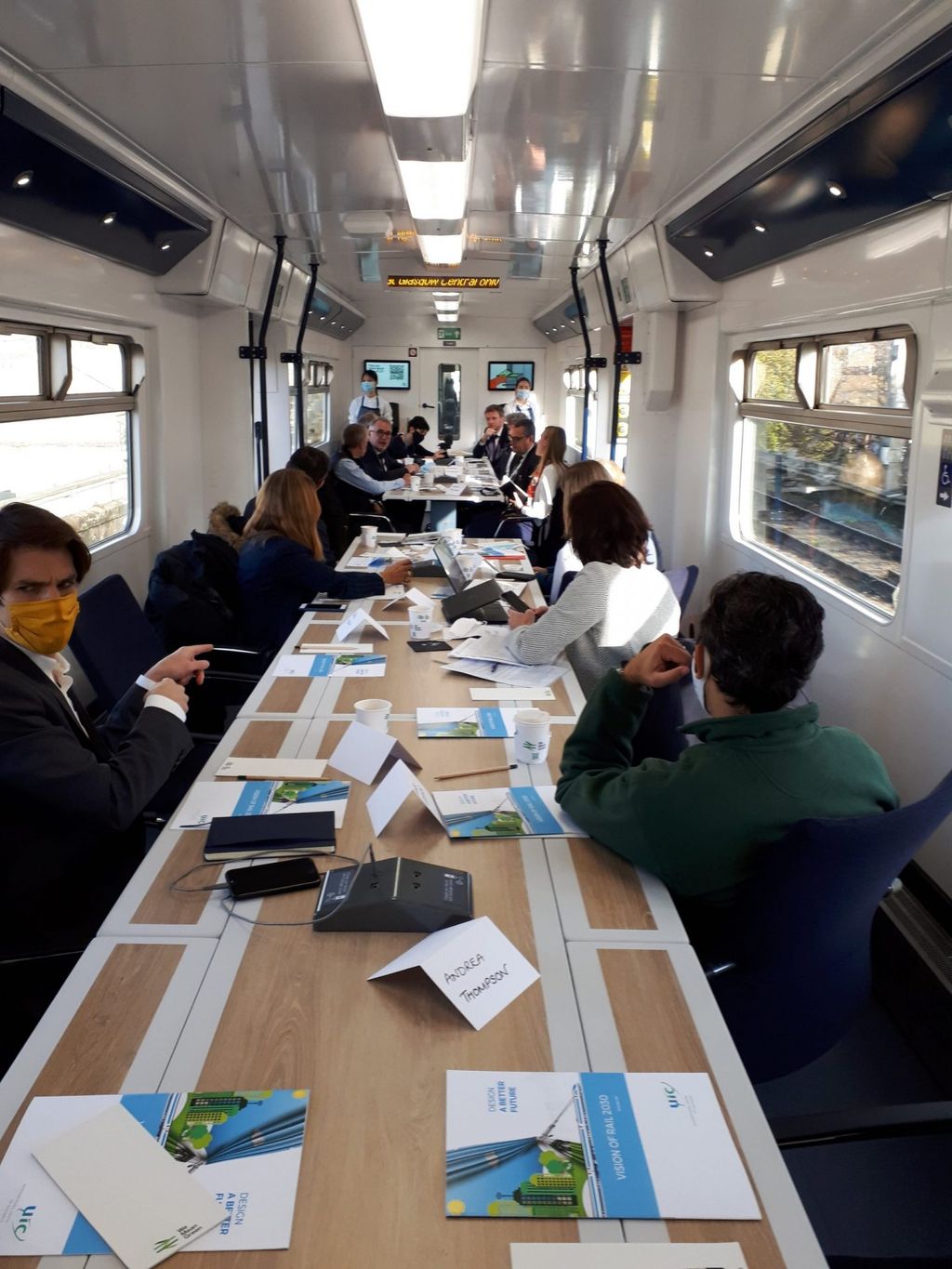

From fossil fuels to local renewable recourses
The MENA week takes on added significance with the current geopolitical crisis, highlighting the need to speed up the shift away from fossil fuels and scale up, the use of local renewable resources in public transport such as wind, solar and hydro, and incorporating efficiency measures in the transport sector.
Clearly, one of the best ways to respond to the current crisis is to decarbonise transport as this will not just reduce emissions – it will also strengthen the resilience of the public transport sector.
A key focus of the MENA Climate Week will revolve around how countries can strengthen their national climate strategies linked to the Paris Agreement – also known as Nationally Determined Contributions or NDC’s. These are self-defined climate mitigation goals and targets that countries commit to and are updated every 5 years.
Many NDCs include public transport interventions, but much more can be done. The MENA region is a shining example of how public transport should feature in all these national climate strategies, which UITP has been advocating for at the climate talks each year.
For example, Jordan’s plans include targets that set to increase the total number of commuters using public transport and in Morocco, their NDC includes measurers that will support the large-scale adoption of public transit in major urban centres powered by renewable energy.
Other best practice examples of NDCs in the region include that of Saudi Arabia which is proposing to further develop national rail and metro systems as a solution to climate change and the UAE’s NDC aims to support the scaling up of zero emission vehicles in the MENA Climate Week host city.

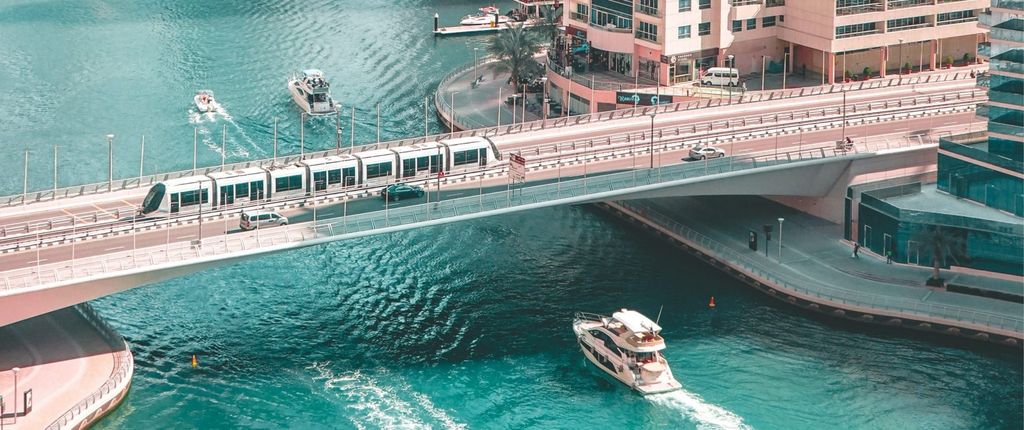
Achieving climate ambitions while making cities inclusive, safe, resilient and sustainable
“Significant investments in public transport projects show that the MENA region is witnessing a clear paradigm shift towards more sustainable transport”, says Ayman SMADI, Director – UITP MENA Regional Office. “We are proud to be at the MENA Climate Week to showcase state-of-the-art knowledge, best practice and advocacy actions of our members in the region”.
During each day of the Climate Week, UITP alongside our partners, will hold side and action hub events, including a workshop in partnership with the Islamic Development Bank, that will explore resilience against climate risks, the transition to a low-emission economy and collaboration to solve pressing challenges around the Covid pandemic recovery and energy security. UITP is also one of the main supporting organisations, alongside UN Environment, of the main transport event being held during the Week. That will focus on seizing transformation opportunities of public transport in our cities.
The MENA Climate Week is an essential opportunity for our sector to show what public transport can do to help meet the Paris Agreement as well as local and national ambition. At the climate talks last year, countries agreed as part of the Glasgow Pact to scale up this ‘multi-level’ approach to climate action – a proposal championed by UITP and the city networks in Glasgow.
Philip Turner: “We need ‘multi-level’ NDCs – that is to say, NDCs that include a bottom-up approach of efforts being taken by our members. These efforts hold true and go beyond national plans and through their implementation they will achieve the level of climate ambition we urgently need, at the same time making our cities inclusive, safe, resilient and sustainable.”
By showcasing leading efforts being taken by our members at the MENA Week towards net-zero public transport and supporting a shift towards a more sustainable balance of transport modes in our cities, it will send a clear message to the international community. Our sector is committed to act and deliver the carbon emissions reductions needed now, and lead by example in the transition to a net-zero pathway in our cities.


